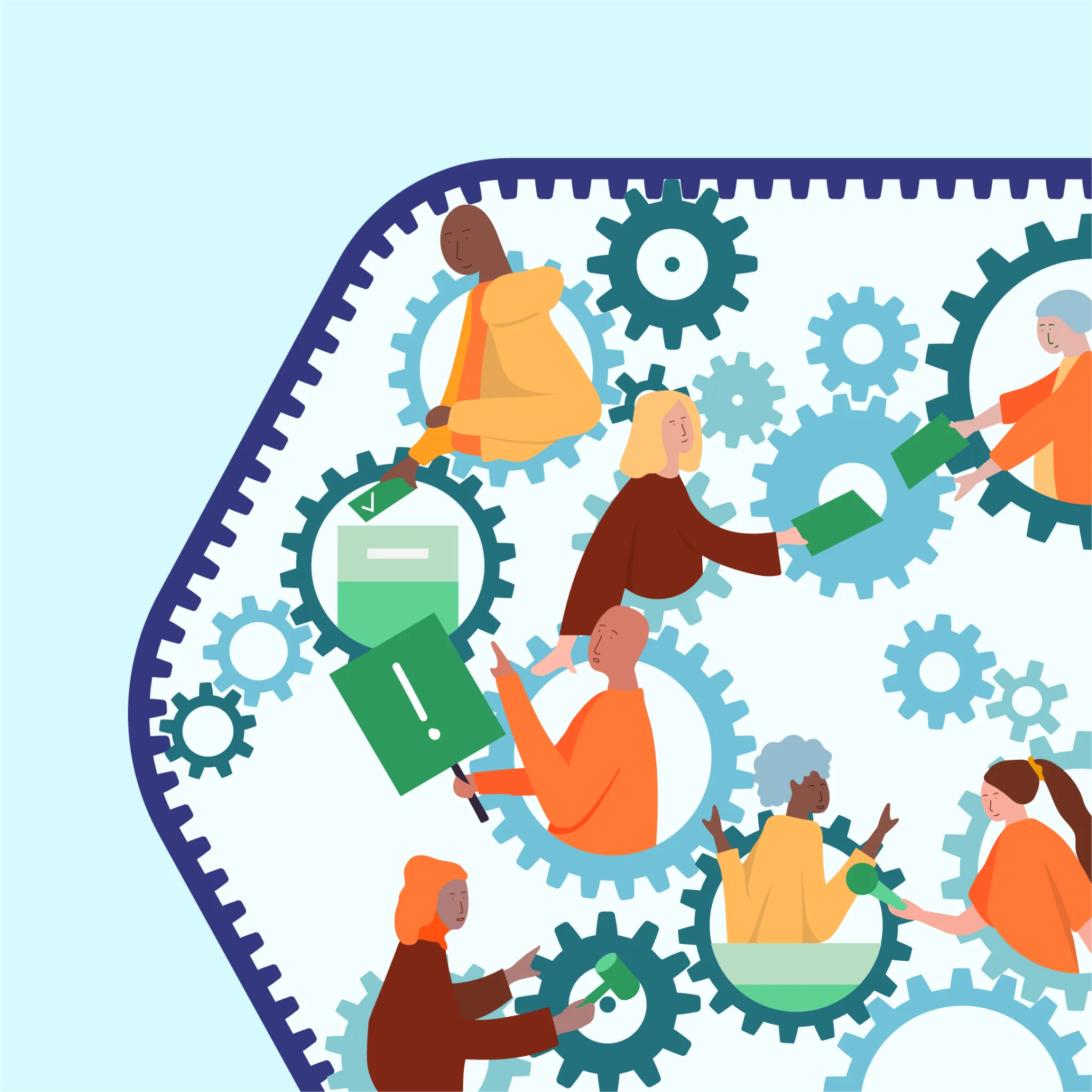The Global State of Democracy in 2023: A new set of checks and balances paves the way ahead

Disclaimer: Opinions expressed in this commentary are those of the author and do not necessarily represent the institutional position of International IDEA, its Board of Advisers or its Council of Member States.
The fifth edition of International IDEA’s Global State of Democracy report closes out an eventful year. Multiple crises have battered the world, but inspirational wins in gender equality, indigenous communities’ rights, the fight against corruption, and enforcement of the rule of law are important flags marking the path forward.
Failing Democracy 101?
Our latest data show that virtually half the countries in our dataset have suffered a notable decline in at least one factor of democratic performance over the last five years. What may be worse is that this is the sixth consecutive year in which countries with net declines outnumbers those with net advances, the longest such pattern in our dataset.
Figure 1: After many years of democratic growth, the world has experienced a democratic recession for at least the past six years (graph shows the net number of countries advancing or declining)
Source: International IDEA, The Global State of Democracy Indices v7.1, 2023.
Declines have occurred in the very foundations of democracy, revealing weaknesses in the credibility of electoral processes, the ability of legislatures to act as checks on executive overreach and in people’s equal access to the institutions of justice. This institutional weakness is compounded by continuing declines in core democratic rights, including freedom of expression, freedom of association and assembly and freedom of the press. Such deterioration has touched every region of the world and a broad array of countries with varying levels of democratic performance.
Figure 2: Several factors related to Representation, Rights and Rule of Law are amongst the most impacted over the last five years (coloured areas show the proportion of all countries in each category)
Source: International IDEA, The Global State of Democracy Indices v7.1, 2023.
But all is not lost. A diverse range of formal and informal institutions and even public movements – known as countervailing institutions – work to protect and strengthen democracy, even in the most challenging contexts.
Countervailing institutions
Countervailing institutions are the set of governmental and non-governmental institutions that balance the distribution of power between the branches of government and ensure that popular priorities regularly and consistently feature in decision making.
They encompass what are traditionally understood as ‘checks and balances’ within the formal structures of government (between the executive, legislative and judicial branches), but they go beyond this in important ways, focusing more on the balance of power between the people and the government than on power-sharing within government.
They also include myriad organizations, institutions and popular movements that act to protect equal access to and public control of decision making, such as civil society and other political institutions (e.g., ombuds offices, anti-corruption commissions, electoral management bodies or EMBs, ethics bodies, etc). When they are independent and when they act together, democracies are poised to advance.
Figure 3: What are countervailing institutions?
Successes to celebrate
Cross-institutional collaboration has resulted in several wins in recent years. In Ecuador, for example, civil society, experts, the courts and voters worked together to pass the banning of new oilwells in a part of the Amazon rainforest, making Ecuador the first country in the world to decide the limits of resource extraction via referendum. The vote is seen as a milestone victory not just for climate action but for indigenous rights and hopefully for greater social group equality in the years to come. In countries as diverse as India, Spain, Mexico and Portugal, civil society, parliaments and the media have worked together to win advances in a range of sexual and gender equality rights.
Countervailing institutions have proven to be pivotal in the area of public participation as well. Our latest data reveal that people’s enthusiasm for public engagement is thriving, even in seriously challenging contexts. Civil society’s work to mobilize people, represent public concerns in advocacy campaigns and through public interest litigation, as well as the public’s own advocacy efforts reveal an abiding demand for democracy.
In today’s global context, marked by war, climate change, economic inequality and a thousand other threats, it would be easy to miss these and many other important successes. It is worth pausing to reflect on these examples of the ways in which the people themselves have reformed and reenergized governing institutions. They provide reasons to be hopeful about the future of democracy.
Sign up for the Democracy Tracker newsletter and receive the latest democracy developments in the form of bite-sized digestible updates straight to your inbox!




